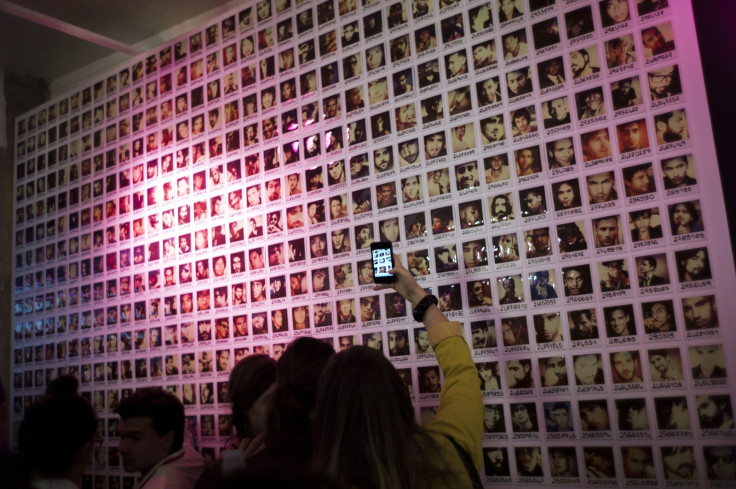Catching the Catfish: How to Verify Identities in Online Dating

After news of a woman from Bournemouth being conned out of £14,000 in an online dating scam, the shadier side of cyber dating once again rears its ugly head.
Twenty years ago it would have seemed absurd to think that you could meet your partner on the web, but today one third of married couples in the United States meet online.
Apps such as Tinder and Grindr have almost made a game of online dating. Swiping through pictures of potential suitors is like choosing dinner at Yo! Sushi (but even trendier).
But how do you know the person you are cosying up with online is actually who they say they are?
The answer is simple – you don't.
Catfish
People who create false identities online are known as 'catfish'. The trend is so common that the dual meaning of catfish is now officially defined in the Oxford English Dictionary and has even inspired a TV show which exposes fraudsters of online dating.
Dating apps encourage strangers to speak and meet, the only form of verification they employ on users is through the social media accounts used to login.
Using social media accounts as proof of identity is fundamentally flawed. Most of the major social media platforms have virtually no verification infrastructure themselves.
Anybody can set up a profiles and claim to be somebody they are not. All that is needed is a mobile number or an email address. The fact that these profiles can then be used as a form of ID themselves undermines the quality of the dating apps – where Harry Styles could turn out to be more Harry Hill.
The solution?
Link the online with the offline. Attribute a physical name and address to a profile, which can be kept anonymous to the public but act support the physical proof of identity of the user.
The quality of the data gathered isn't just useful to the consumer, who benefits from a more reliable service, but the business too.
The consumers wouldn't see personal data – the business would only use it to verify them.
Suggest "Having great quality data that links the online persona to a person's real world identity makes for a better – and more secure – level of service for everyone."
The benefits of a robust verification system are not limited to safety. Reliable customer data form the basis of loyalty schemes and customised marketing, increasing the likelihood of re-use, and great recommendations. And a business that really knows its customers and what they like, can be very attractive to potential investors.
It is time for online dating businesses to treat their users' data as an asset; they should verify ALL users and make sure they know exactly who they are dealing with – then they can be really confident of catching the catfish.
Glenn Porter, general manager of international identity verification at GBGroup
© Copyright IBTimes 2024. All rights reserved.





